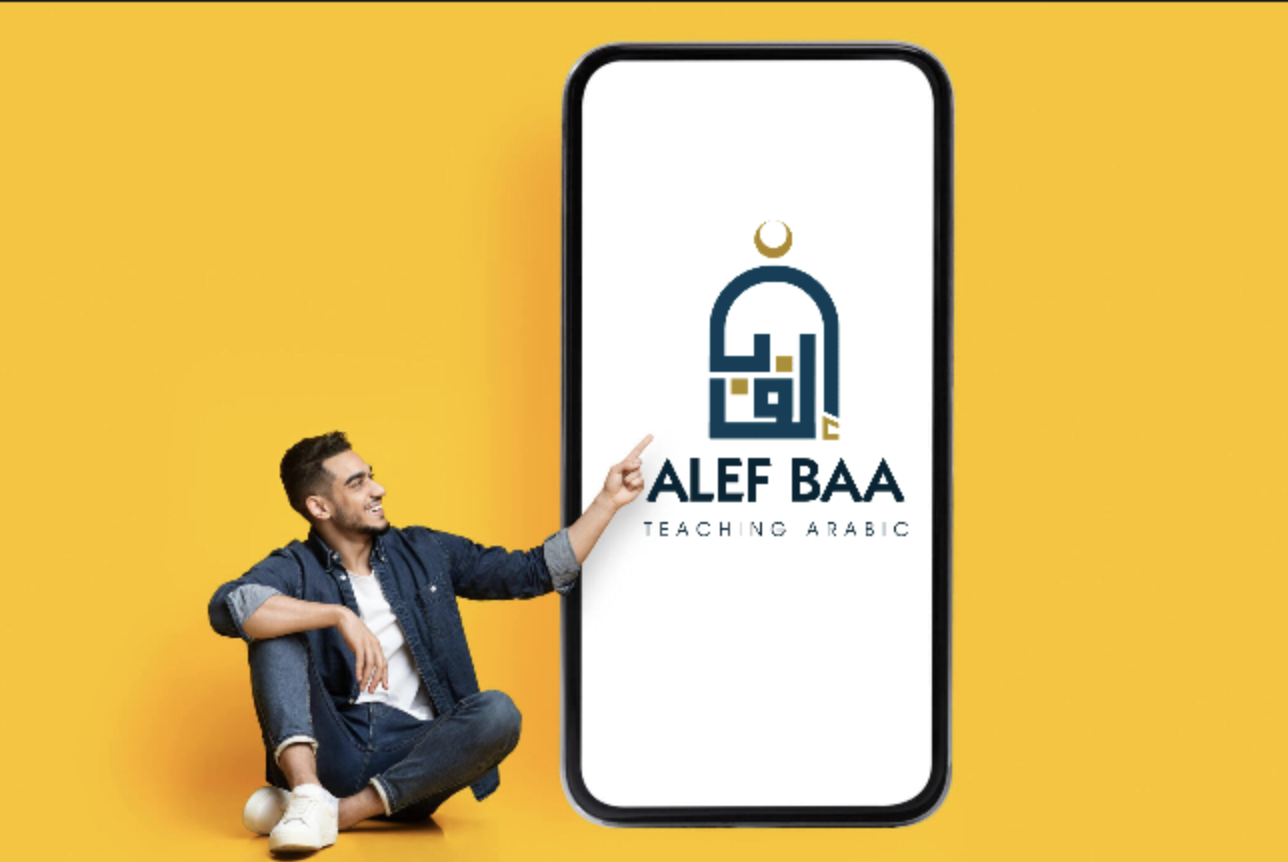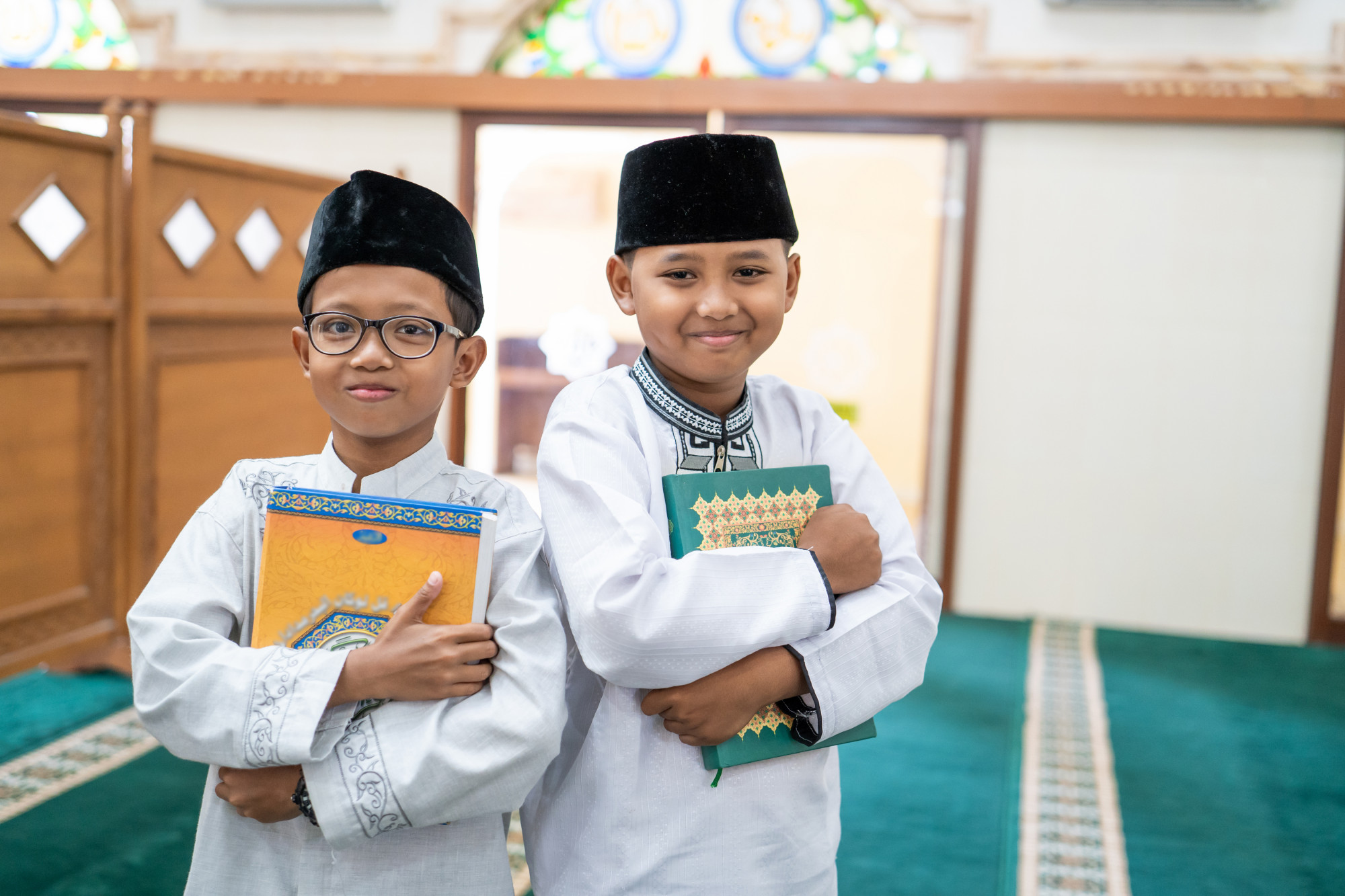
Arabic Language Immersion Programs: A Deep Dive into Language Acquisition
The pursuit of language proficiency often involves immersive experiences that go beyond traditional classroom settings. In the realm of Arabic learning, immersion programs have emerged as powerful tools for language acquisition. This essay explores the dynamics of Arabic language immersion programs, considering the integration of online platforms, digital lessons, and virtual tutoring to create an immersive and effective learning experience.
Arabic Language Immersion Programs:
Arabic language immersion programs aim to provide learners with an intensive and authentic language experience. Unlike conventional classroom approaches, these programs immerse learners in the linguistic and cultural nuances of the Arabic language, fostering a deeper understanding and fluency. The incorporation of online Arabic resources, such as classes, courses, and digital lessons, has revolutionized the way immersion programs are structured and delivered.
Enroll now
Digital Lessons and Web Classes:
The advent of e-learning has significantly transformed the landscape of Arabic language immersion programs. Digital lessons and web classes offer learners the flexibility to engage with course materials at their own pace. These online resources facilitate a dynamic and interactive learning environment, incorporating multimedia elements to enhance comprehension and retention. Web-based courses, often designed by language experts, contribute to a comprehensive curriculum that covers various aspects of the Arabic language.
Virtual Tutoring and Distance Arabic Learning:
Virtual tutoring plays a pivotal role in Arabic language immersion programs, providing learners with personalized guidance and immediate feedback. Through distance Arabic learning, students can connect with experienced tutors regardless of geographical constraints. This one-on-one interaction allows for tailored instruction, addressing individual strengths and weaknesses in language acquisition. Remote learning becomes an enriching experience as learners receive real-time support from qualified Arabic language educators.
Cultural Integration in Virtual Classrooms:
Arabic language immersion programs extend beyond linguistic components to include cultural integration. Virtual classrooms serve as platforms for learners to engage with authentic cultural contexts, such as internet training, Arabic workshops, and virtual lectures. These elements expose learners to the richness of Arabic traditions, customs, and everyday expressions, contributing to a holistic language learning experience.
Overcoming Challenges through Online Instruction:
While immersion programs offer unique benefits, they also present challenges. Online instruction becomes pivotal in addressing these challenges by providing structured guidance, incorporating interactive elements, and fostering collaborative learning. The virtual curriculum, including web-based workshops and e-learning programs, serves as a bridge between theoretical knowledge and practical application, ensuring a well-rounded educational experience.
Conclusion:
Arabic language immersion programs, enriched by online Arabic resources and virtual platforms, represent a transformative approach to language acquisition. By integrating digital lessons, web classes, virtual tutoring, and cultural components, these programs create a dynamic and engaging environment for learners. As technology continues to evolve, the synergy between online instruction and language immersion programs will play a crucial role in shaping the future of Arabic language education, providing learners with effective tools to navigate the intricacies of this rich and diverse language.
Enroll now
Recent posts


How To Learn Arabic ?
Aug 29 2022
The importance of the Holy Qur'an
Sep 26 2022
Exploring the Rich of Islamic Studies
Jan 08 2024